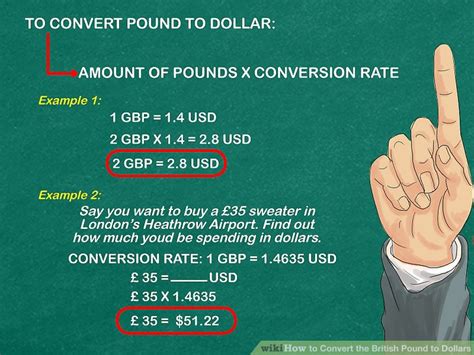What’s a 1099 Form ?
A 1099 form is a tax document that reports income you receive from sources other than your primary employer. This includes income from self-employment, freelance work, dividends, and interest. There are different types of 1099 forms, each used to report specific types of income:

- 1099-MISC: Miscellaneous income, such as self-employment earnings, prizes, or awards.
- 1099-NEC: Nonemployee compensation, such as payments to independent contractors or freelancers.
- 1099-DIV: Dividends from stocks or mutual funds.
- 1099-INT: Interest from savings accounts, bonds, or other investments.
Why 1099 Forms Matter
Filing 1099 forms is crucial for both individuals and businesses. For individuals, it ensures that they report all their income accurately to the Internal Revenue Service (IRS). For businesses, it provides a record of payments made to independent contractors and freelancers. Accurate 1099 reporting helps prevent tax fraud and ensures that all individuals pay their fair share of taxes.
Benefits of Understanding 1099 Forms
Understanding 1099 forms offers several benefits:
- Tax compliance: Avoid penalties or interest by accurately reporting all your income.
- Accurate deductions: Claim eligible expenses related to self-employment or freelance work.
- Tax planning: Plan ahead by estimating your tax liability based on your 1099 income.
- Government data: Contribute to government data on self-employment and freelance work.
Common Mistakes to Avoid
Filing 1099 forms can be complex, but avoiding common mistakes is essential:
- Misclassifying workers: Ensure you correctly classify independent contractors versus employees.
- Incomplete information: Provide all necessary information on the 1099 form, including your Taxpayer Identification Number (TIN).
- Late filing: File your 1099 forms by the specified deadlines to avoid penalties.
- Incorrect reporting: Accurately report the amount of income received and any applicable deductions.
FAQs about 1099 Forms
1. Who is required to file a 1099 form?
– Businesses and individuals who pay $600 or more to non-employees for services provided.
2. What is the deadline for filing 1099 forms?
– January 31st for paper filings and February 28th for electronic filings.
3. How do I obtain a 1099 form?
– You can request a 1099 form from the payer or download them from the IRS website.
4. What happens if I don’t file a 1099 form?
– Failure to file can result in penalties and fines.
5. What types of expenses can I deduct on a 1099 form?
– Eligible expenses may include office expenses, supplies, travel, and utilities.
6. How do I report 1099 income on my tax return?
– Report 1099 income on Schedule C (Form 1040) or Schedule SE (Form 1040).
7. Can I amend a previously filed 1099 form?
– Yes, you can file a corrected 1099 form to make changes to previously reported information.
8. Where can I get help with 1099 forms?
– You can contact the IRS at 1-800-829-1040 or visit the IRS website for assistance.
Tables and Data:
Table 1: Types of 1099 Forms
| Type | Description |
|---|---|
| 1099-MISC | Miscellaneous income |
| 1099-NEC | Nonemployee compensation |
| 1099-DIV | Dividends |
| 1099-INT | Interest |
Table 2: Common Mistakes to Avoid
| Mistake | Description |
|---|---|
| Misclassifying workers | Incorrectly classifying independent contractors as employees |
| Incomplete information | Omitting necessary information on the 1099 form |
| Late filing | Failing to file 1099 forms by the specified deadlines |
| Incorrect reporting | Misrepresenting the amount of income or deductions |
Table 3: Key Deadlines for 1099 Forms
| Filing Method | Deadline |
|---|---|
| Paper | January 31st |
| Electronic | February 28th |
Table 4: Estimated 1099 Income in the United States (2025)
| Source | Estimated Income (Billions of Dollars) |
|---|---|
| Self-employment | $1.5 trillion |
| Freelance Work | $750 billion |
| Dividends | $500 billion |
| Interest | $250 billion |
Conclusion
1099 forms play a vital role in the tax system by reporting income earned outside of traditional employment. Understanding these forms ensures tax compliance, accurate deductions, and effective tax planning. By avoiding common mistakes and being aware of relevant deadlines, individuals and businesses can navigate 1099 reporting effectively.



